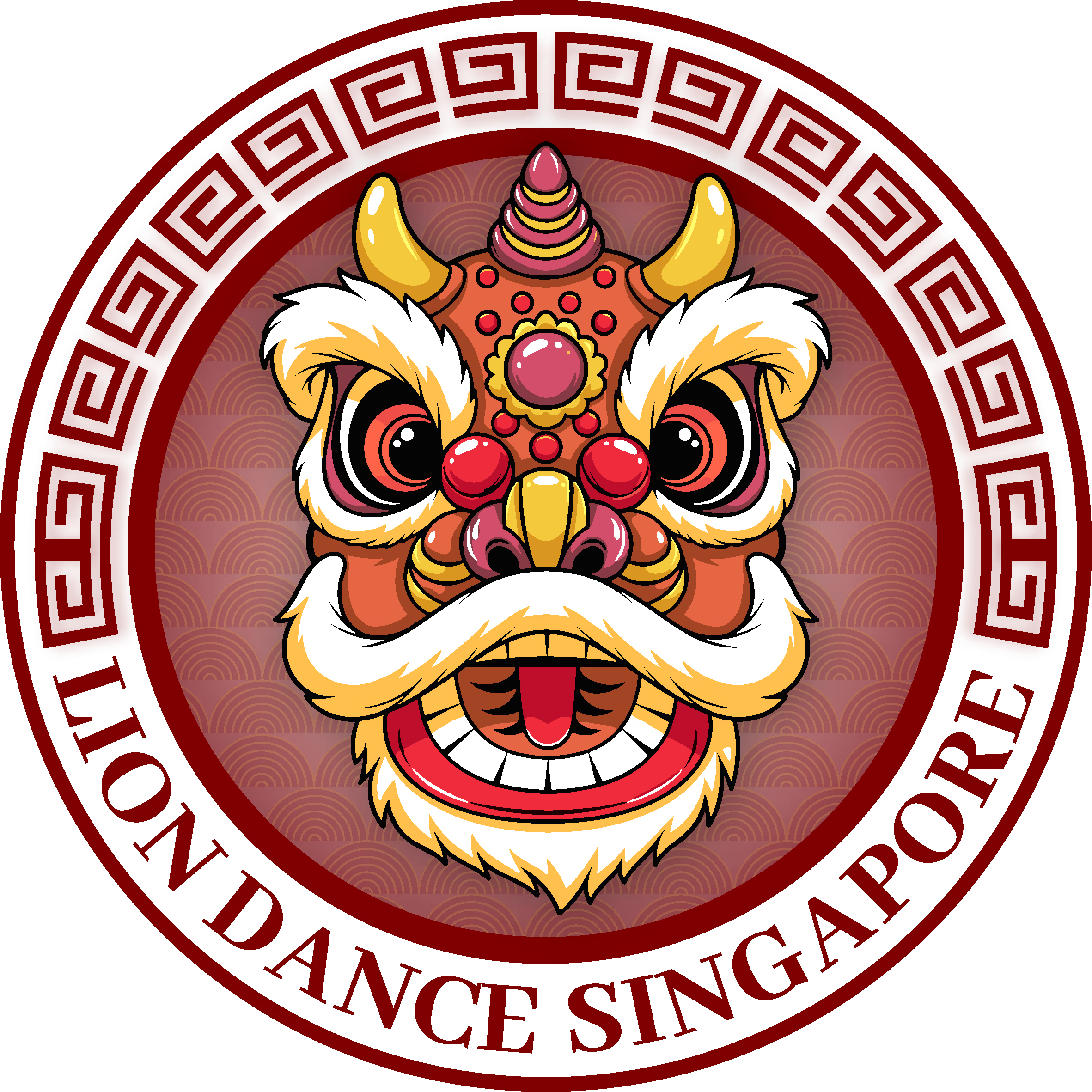
Why Lion Dance Holds Special Meaning for Chinese New Year Celebrations
The lion dance is one of the most iconic and cherished traditions during Chinese New Year, celebrated for its vibrant energy and rich cultural symbolism. It’s more than just an exciting performance—it’s a ritual steeped in history, meant to ward off evil spirits and bring blessings of prosperity, health, and good fortune.
In this article, we’ll explore the cultural significance, symbolism, and importance of the lion dance during Chinese New Year and how it continues to captivate audiences across Singapore and beyond.
1. The Cultural Significance of the Lion Dance
The lion dance has its roots in ancient Chinese culture, dating back thousands of years. While its exact origin is debated, many legends surround its emergence, including tales of villagers using lion-like costumes to scare away evil creatures.
Why Is It Performed?
- Chasing Away Evil Spirits: The loud drumbeats and cymbals, paired with the lion’s powerful movements, are believed to drive away bad energy.
- Welcoming Prosperity: The lion symbolises good luck, wealth, and abundance, making it a perfect addition to Chinese New Year celebrations.
Performing the lion dance during the New Year signifies starting afresh, with blessings and positivity for the months ahead.

2. The Symbolism Behind the Lion Dance
Every element of the lion dance has a deeper meaning, from the lion’s appearance to its movements.
The Lion as a Symbol
- Courage and Strength: The lion represents bravery and the ability to overcome challenges, which aligns with the values celebrated during Chinese New Year.
- Prosperity and Luck: The vibrant colors of the lion costume—especially red and gold—signify happiness, wealth, and good fortune.
Props and Movements
- Lettuce and Oranges: Often, the lion “eats” lettuce or oranges during the performance and “spits” them back out. This act symbolizes the spreading of wealth and prosperity.
- Drums, Cymbals, and Gongs: These instruments create a rhythmic beat that energizes the crowd and drives away negative energy.
- Acrobatics and Playfulness: The lion’s movements, from playful prances to daring stunts, reflect the dance’s dual purpose of entertaining and blessing the audience.
3. The Ritual of Good Luck
One of the most captivating aspects of the lion dance is its ability to bring good luck and blessings. But how does it do that?
Key Rituals:
- The Eye-Dotting Ceremony: Before the performance, the lion’s “eyes” are painted by a brush, symbolically awakening it and imbuing it with life.
- Blessing Ceremonies: Businesses and households often invite lion dancers to bless their premises, believing this will bring prosperity for the year ahead.
These rituals create a meaningful connection between tradition and modern celebration, making the lion dance more than just a performance.
4. Modern Lion Dance in Singapore
While the lion dance remains deeply rooted in tradition, it has evolved to suit modern times. Today, it is not only performed during Chinese New Year but also for other occasions, such as:
- Weddings: To bless the union of couples.
- Grand Openings: To invite success and good fortune for businesses.
- Community Events: As a symbol of cultural pride and festivity.
Singapore boasts some of the most skilled lion dance troupes in the world, known for their stunning acrobatics and innovative choreography. Performances often take place at malls, temples, and public events during Chinese New Year, drawing huge crowds and creating unforgettable experiences.

5. How to Experience a Lion Dance in Singapore
If you’re in Singapore during Chinese New Year, you can witness lion dance performances at:
- Shopping Malls: Many malls host lion dances to usher in the festive season.
- Community Centers: Local celebrations often feature lion dance troupes.
- Temples: Performances at temples carry an extra layer of spiritual meaning.
💡 Tip: For an up-close experience, consider booking a professional lion dance troupe for your own event!
6. Why the Lion Dance Still Matters
In a fast-changing world, traditions like the lion dance serve as a reminder of cultural heritage and community spirit. They bring people together, spread joy, and ensure that the blessings of the New Year are shared by all.
Whether you’re watching a performance or participating in the rituals, the lion dance is a celebration of resilience, prosperity, and hope for the future.
Frequently Asked Questions (FAQs)
Why Is the Lion Dance So Loud?
The drums, cymbals, and gongs are essential to the lion dance because they scare away evil spirits and amplify the celebratory energy of the performance.
What Is the Difference Between a Dragon Dance and a Lion Dance?
While both are performed during Chinese festivals, the lion dance involves a two-person lion costume, while the dragon dance uses a long, flowing dragon prop carried by multiple performers.
Can I Book a Lion Dance for Private Events?
Absolutely! Lion dance performances are increasingly popular for private events like weddings, birthdays, and corporate functions.
Final Thoughts
The lion dance is a timeless tradition that continues to captivate audiences during Chinese New Year. With its vibrant energy, rich symbolism, and deep cultural roots, it remains a beloved part of celebrations in Singapore and beyond.
Looking to experience the magic of the lion dance up close? Lion Dance Singapore offers professional troupes ready to bring blessings and joy to your next event.
Contact them today to book an unforgettable performance!

.png)
.png)



